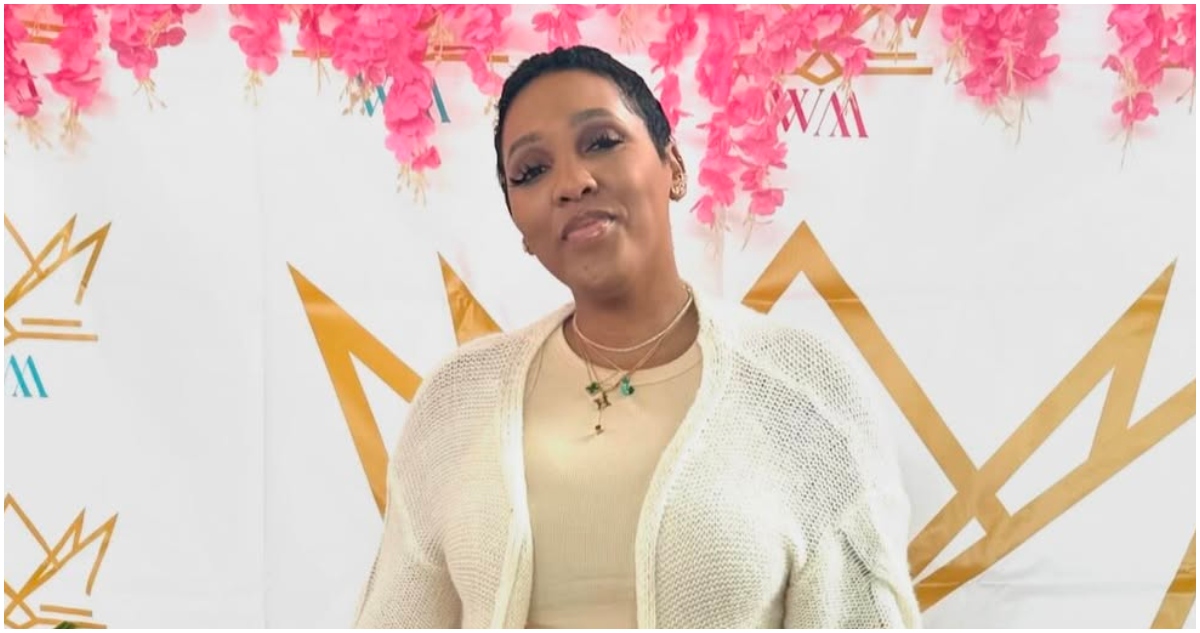Head Start Programs Struggle as Funding Freeze Persists
Head Start programs across the country are facing financial difficulties due to a lingering federal funding freeze. Despite being approved by Congress, grant funds remain inaccessible, leaving thousands of children and educators in limbo. Black women leaders are stepping up to ensure these vital early education programs continue serving low-income families.
According to the National Head Start Association (NHSA), nearly 50 programs have reported issues accessing their funding. Over 20,000 children and 6,000 employees are directly affected. When attempting to retrieve funds, program administrators receive error messages such as “pending” and “in progress.” Without access to the promised funding, many programs struggle to pay teachers and maintain operations.
Black Women Advocates Demand Action
Black women in education, politics, and advocacy are leading efforts to push for immediate solutions. These leaders are calling on the federal government to resolve the delays and ensure that children in need receive uninterrupted access to early education services.
“Head Start is a lifeline for children and families in their most urgent times of need,” the NHSA stated. “We urge President Biden and the Department of Health and Human Services to immediately address the unnecessary delays in Head Start funding.”
Many advocates emphasize the long-term consequences of disrupting early childhood education. Studies show that children who attend high-quality preschool programs perform better in school, have higher graduation rates, and experience improved career prospects. Without funding, many Head Start centers may be forced to reduce services or close altogether.
The Trump-Era Executive Order Behind the Crisis
The funding freeze traces back to a Trump administration executive order issued on January 27. This order temporarily halted federal grant spending while officials reviewed financial assistance programs related to foreign aid, DEI initiatives, and other government-funded programs. Although the order was later struck down by U.S. District Judge Loren L. AliKhan, many organizations, including Head Start, continue to experience funding disruptions.
The administration initially reassured the public that the freeze would not affect essential services such as Social Security, Pell Grants, and food assistance programs. However, the reality for many Head Start providers tells a different story. Even though the order was rescinded, bureaucratic hurdles remain, delaying the release of already-approved funds.
Grassroots Efforts to Keep Programs Running
While waiting for federal intervention, Black women leaders are taking matters into their own hands. Educators, activists, and community leaders are working together to raise emergency funds, organize awareness campaigns, and advocate for policy changes that prevent future funding freezes.
Ayanna Smith, a longtime advocate for early education in Washington, D.C., emphasized the importance of community-driven solutions. “We cannot sit back and watch our children lose out on critical learning opportunities. If the government won’t act fast enough, we have to step up and support these programs ourselves.”
Local organizations and national coalitions are encouraging donations, volunteer efforts, and partnerships to help struggling Head Start programs stay afloat. Some centers are relying on temporary funding from private donors while awaiting access to their federal grants.
The Future of Early Education in America
The ongoing funding crisis raises concerns about the stability of early education programs in the U.S. If funding delays persist, more families may lose access to essential childcare and educational services. Advocates argue that systemic changes are necessary to ensure Head Start and similar programs are never placed at risk again.
Despite these challenges, Black women leaders remain at the forefront of the fight, using their voices and influence to protect vulnerable communities. Their efforts highlight the importance of early childhood education and the need for consistent government support to sustain it.



